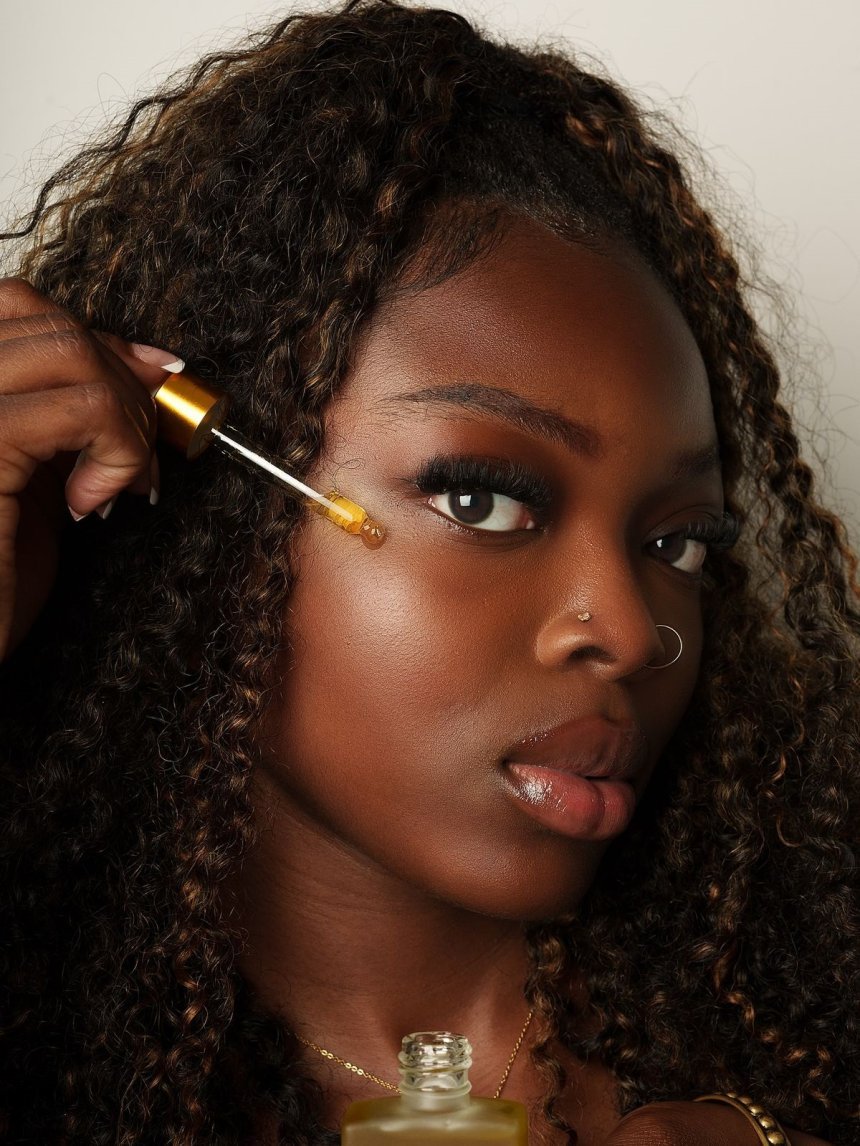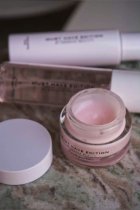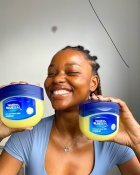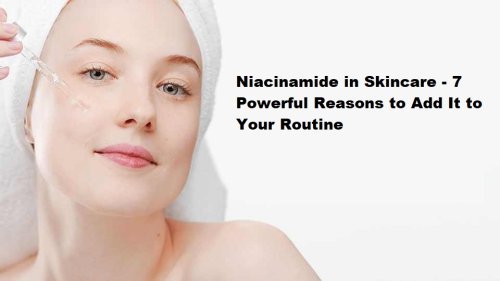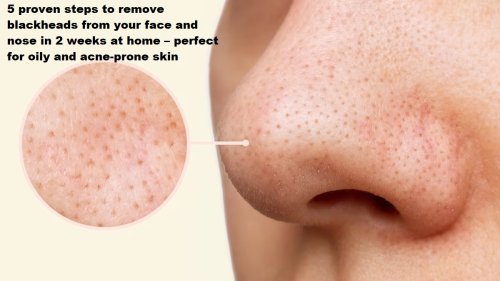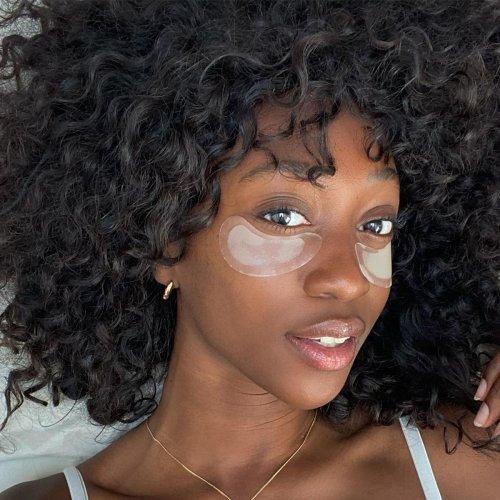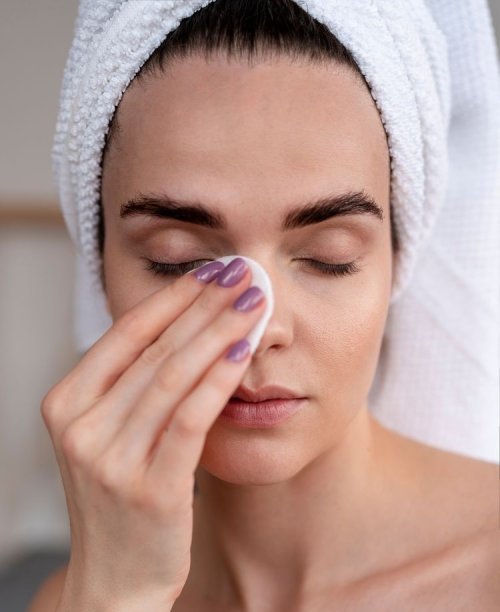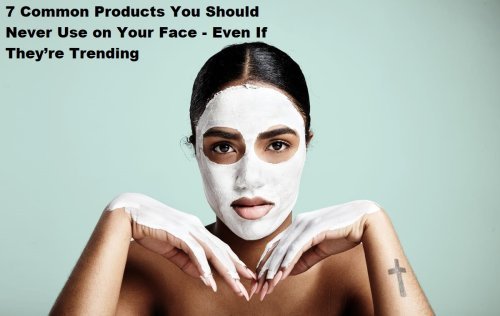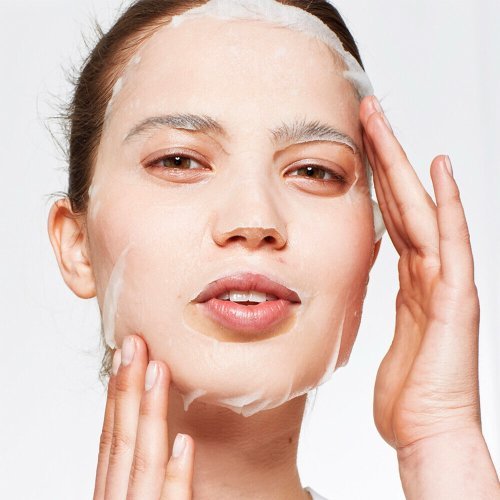Retinol vs Hyaluronic Acid: How to Use Retinol and Hyaluronic Acid in Nigeria
Hyaluronic acid and retinol are two powerful skincare ingredients that serve different purposes when used correctly. They’re both skincare powerhouses that can transform your skin’s texture, tone, and overall health. Many people often ask, “Which is better retinol or hyaluronic acid?” or “Can I use both together?”
Don’t worry this guide will help you understand how to use retinol and hyaluronic acid effectively and safely, especially if you live in Nigeria’s hot and humid climate. Discover how combining these two ingredients can help you achieve smooth, hydrated, and glowing skin.
What is Retinol?
Retinol is a vitamin A derivative known for its anti-ageing and skin-renewing properties. It boosts collagen production and speeds up cell turnover, helping to fade dark spots, reduce wrinkles, and smooth rough skin. It’s also effective for people struggling with acne or blemishes, as it helps unclog pores. Retinol can be strong, so it’s best to start with a mild formula and use it only at night. Over time, your skin will build tolerance.Below are the listed benefits of retinol
Key Benefits of Retinol:
-
Reduces fine lines and wrinkles
-
Fades dark spots and hyperpigmentation
-
Smooths uneven skin texture
-
Helps prevent acne breakouts
What is Hyaluronic Acid?
Hyaluronic acid is a hydrating ingredient that helps your skin retain moisture. It’s naturally found in the body but can decrease due to sun exposure or dehydration something common in Nigeria’s weather. Hyaluronic acid can hold up to 1,000 times its weight in water, keeping the skin soft and plump. It’s perfect for dry, dehydrated, or combination skin, and can be used day and night. you can now see the benefits below.
Also See: The Benefits of Using Lactic Acid for Brighter, Smoother Skin in Nigeria
Key Benefits of Hyaluronic Acid:
-
Deeply hydrates the skin
-
Makes the skin look plump and fresh
-
Reduces dryness and flakiness
-
Suitable for all skin types, even sensitive skin
Retinol vs. Hyaluronic Acid: What’s the Difference?
Even though both are great skincare ingredients, they work differently:
-
Retinol: Focuses on repairing and renewing the skin, targeting wrinkles, dark spots, and acne.
-
Hyaluronic Acid: Focuses on hydration, helping the skin stay soft and supple.
-
Usage: Retinol is best used at night, while hyaluronic acid can be used morning and night.
-
Skin Type: Retinol can irritate dry or sensitive skin, while hyaluronic acid is gentle for everyone.
Also Check: 7 Best Toners for Nigerian Skin (2025): Fade Dark Spots and Glow No Matter Your Skin Type
How to Combine Retinol and Hyaluronic Acid
Using both in your routine gives the best results:
-
Cleanse: Start with a gentle face wash to remove dirt and oil.
-
Apply Hyaluronic Acid: Use it on slightly damp skin to lock in moisture.
-
Apply Retinol: Wait for your skin to dry, then use a small amount of retinol.
-
Moisturize: Seal in hydration with a light moisturizer.
-
Use Sunscreen in the Morning: Retinol increases sun sensitivity, so SPF is a must in Nigeria’s strong sun.
Which is Better for Nigerian Skin?
That depends on your main skincare goal:
-
If you want to fade dark spots, control acne, or reduce wrinkles, go for retinol.
-
If your skin feels dry, dull, or dehydrated, focus on hyaluronic acid.
You don’t have to choose just one using both correctly can help you achieve glowing, balanced skin even in Nigeria’s hot weather.
Retinol: Pros and Cons
Pros:
-
Fights acne and wrinkles
-
Evens out skin tone
-
Improves texture
Cons:
-
May cause dryness or peeling at first
-
Increases sun sensitivity
-
Requires consistent use and patience
Hyaluronic Acid: Pros and Cons
Pros:
Cons:
Conclusion
Both retinol and hyaluronic acid are essential skincare ingredients that can help you achieve healthy, glowing skin in Nigeria. Retinol smooths, renews, and clears, while hyaluronic acid hydrates and protects. Whether you use one or both, consistency and sun protection are key to seeing results.
Start small, stay patient, and let your skin adjust your glow will show!

 Like
0
Like
0
 Dislike
0
Dislike
0
 Love
0
Love
0
 Funny
0
Funny
0
 Angry
0
Angry
0
 Sad
0
Sad
0
 Wow
0
Wow
0
